A month ago, they were in isolation in Shanghai, now they are in Taiwan where everything is … business as usual

Currently, the two CBS students Tobias Løvkvist Bidstrup and Mikkel Graulund Jørgensen are in Taiwan on a 90-day language trip to learn Chinese. A month ago, they were in quarantine in Shanghai, but in Taiwan everything is as usual. (Photo: Tobias Løvkvist Bidstrup)
The two CBS students Mikkel Graulund Jørgensen and Tobias Løvkvist Bidstrup, who are on a 90-day language trip to learn Chinese, are reporting from Taiwan where everyday life seems unaffected by the coronavirus that has shut down many countries in Europe. The two students do not plan to cut their trip short and return to Denmark.
“We are at the very top of the Taipei 101 tower, which is one of the largest tourist attractions here, and we can see the whole city from here. Everything is running normally,” says Tobias Løvkvist Bidstrup when I get in touch with him and Mikkel Graulund Jørgensen. They are both currently in Taipei, Taiwan, as part of their 90-day language trip to learn Chinese.
“Everything is open as usual, the metro is packed with commuters in the morning, and people are going out for dinner at night,” he continues.
The contrast is significant. On Wednesday March 11 in the evening, the Danish Prime Minister, Mette Frederiksen (S) closed down Denmark and told people to keep their distance from one another in order to avoid spreading the coronavirus. Since then, many European countries have followed suit.
“A month ago, while we were quarantined in our hotel room in Shanghai, family and friends were texting us to ask how we were doing. Now the tables have turned,” says Tobias Løvkvist Bidstrup.
The two CBS students, who are on the BSc International Business program, have been in China and Taiwan since January on a mission to learn as much Chinese as possible in that time. Originally, they planned to stay in China for the whole trip, but only 10 days after arriving, the coronavirus had closed down almost every activity in China. They therefore had to relocate to Taiwan to continue their Chinese language teaching.
“It’s uncomfortable to see what’s happening in Denmark right now, but from what we saw in Shanghai, putting people in quarantine and keeping one’s distance is working,” says Mikkel Graulund Jørgensen and continues:
“On the other hand, it’s a privilege to be here in Taiwan where everything seems normal.”

“It’s safer here”
According to an article from ABC NEWS from March 13, Taiwan has 49 confirmed cases and one death, and this is partly due to an early response to the outbreak of coronavirus in China around New Year. For example, the article reported that Taiwan began restricting flights to and from the region and began screening passengers. A week after, it expanded its assessment criteria and began quarantining anyone showing symptoms.
Both Tobias Løvkvist Bidstrup and Mikkel Graulund Jørgensen believe that the authorities in Taiwan are doing what they can to keep the virus from spreading, and this makes Taiwan a safe place to be, they argue.
“Since the coronavirus outbreak started, we have followed the advice provided by the Foreign Ministry in Denmark. Now, they are asking us to come home, but we have decided not to follow that recommendation. We have one month of our trip left, and cutting it short now would not make sense. We know there’s a risk that we could get trapped here for some time, but it’s safer here,” says Mikkel Graulund Jørgensen.
Tobias Løvkvist Bidstrup adds:
“Europe has become the epicenter of the outbreak, so why go home?”
The two students have continuously been following the developments in Denmark from Taiwan, and they were sitting in the Danish beer bar, Mikkeller, in Taipei when the Danish Prime Minister closed down Denmark’s borders.
“It was crazy to follow the news from Denmark last week. Every day the numbers of confirmed cases seemed to climb to new heights. However, we knew what it would lead to, so we were not surprised when Denmark closed down,” says Tobias Løvkvist Bidstrup.
But the Danes’ response to the lockdown rather surprised them.
“Hoarding toilet paper was a weird reaction. And it seems that it has been the same throughout the West. In Shanghai, even when the quarantine was at its worst, there were still loads of groceries and toilet paper on the shelves. People shopped normally,” says Mikkel Graulund Jørgensen.
Since the beginning of their trip, Mikkel Graulund Jørgensen and Tobias Løvkvist Bidstrup have been vlogging on the YouTube channel ‘Challenge Yourself’. Here, they describe what learning Chinese is like, and have also shared videos filmed in a completely deserted Shanghai back when the situation was at its height.
Chatting in Chinese
The whole idea of going to China in the first place was to learn as much Chinese as possible in 90 days. And as they say themselves, they are doing pretty well.
“The other day, we had lunch with one of our teachers, and were small talking in Chinese. We only needed to say an English phrase or two once in a while to make ourselves understood,” explains Tobias Løvkvist Bidstrup.
And looking back at some of the first videos of them speaking Chinese, it is clear how far they have come.
“From day to day, it’s hard to hear whether your Chinese is improving, but judging by the movies from the beginning of our trip, it’s clear that we have learned a great deal already, and I’m much more confident about speaking Chinese,” says Mikkel Graulund Jørgensen.
They want to keep practicing Chinese when they return to Denmark and CBS and luckily some of their fellow students are Chinese.
“But we also have to keep speaking Chinese together so that we don’t forget too much before going on our next exchange trip this fall,” says Tobias Løvkvist Bidstrup.



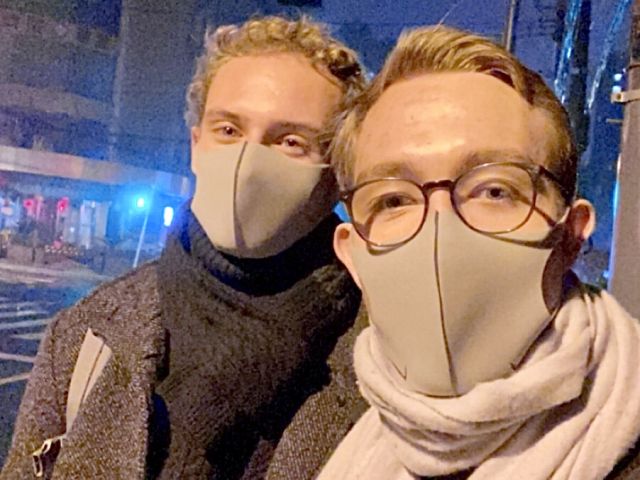
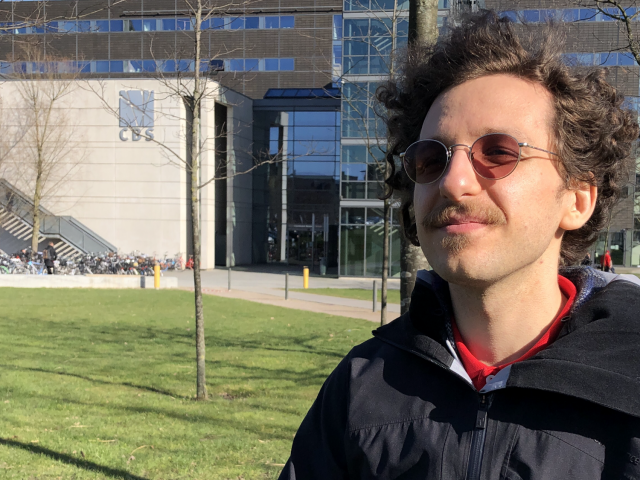
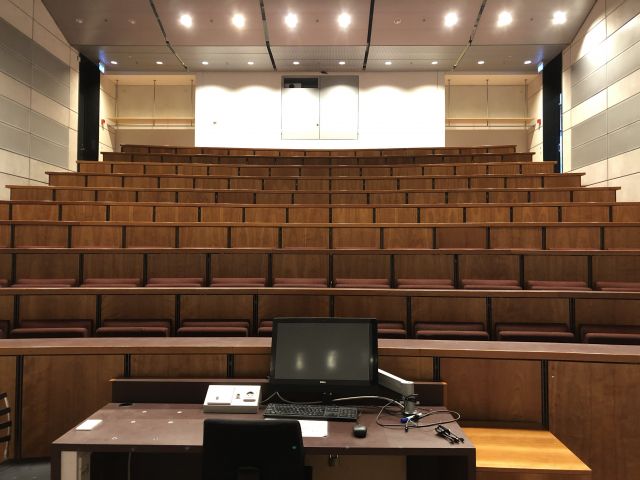

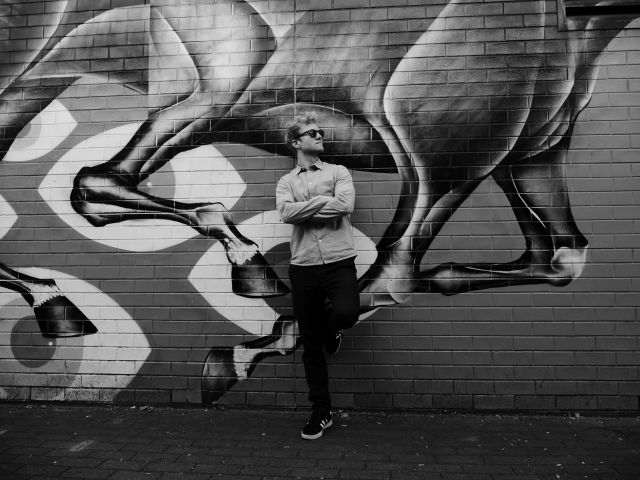

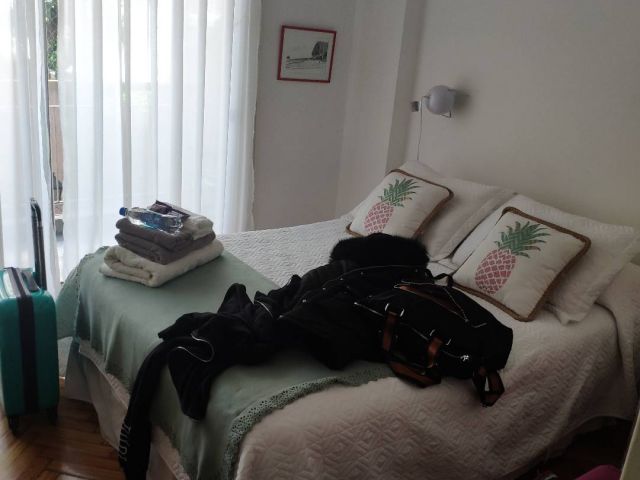




























































































































Comments